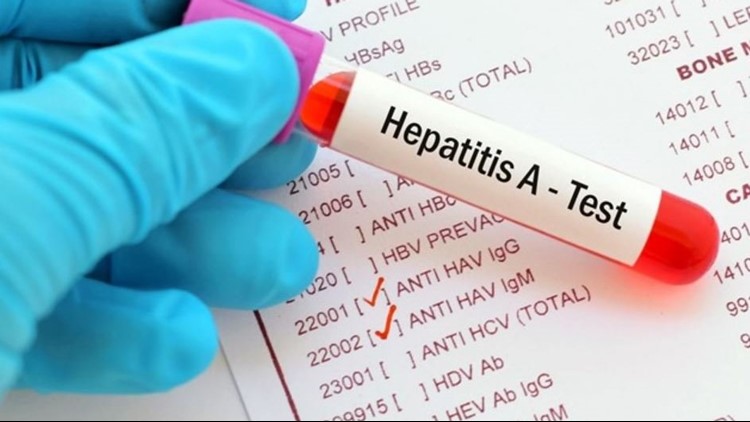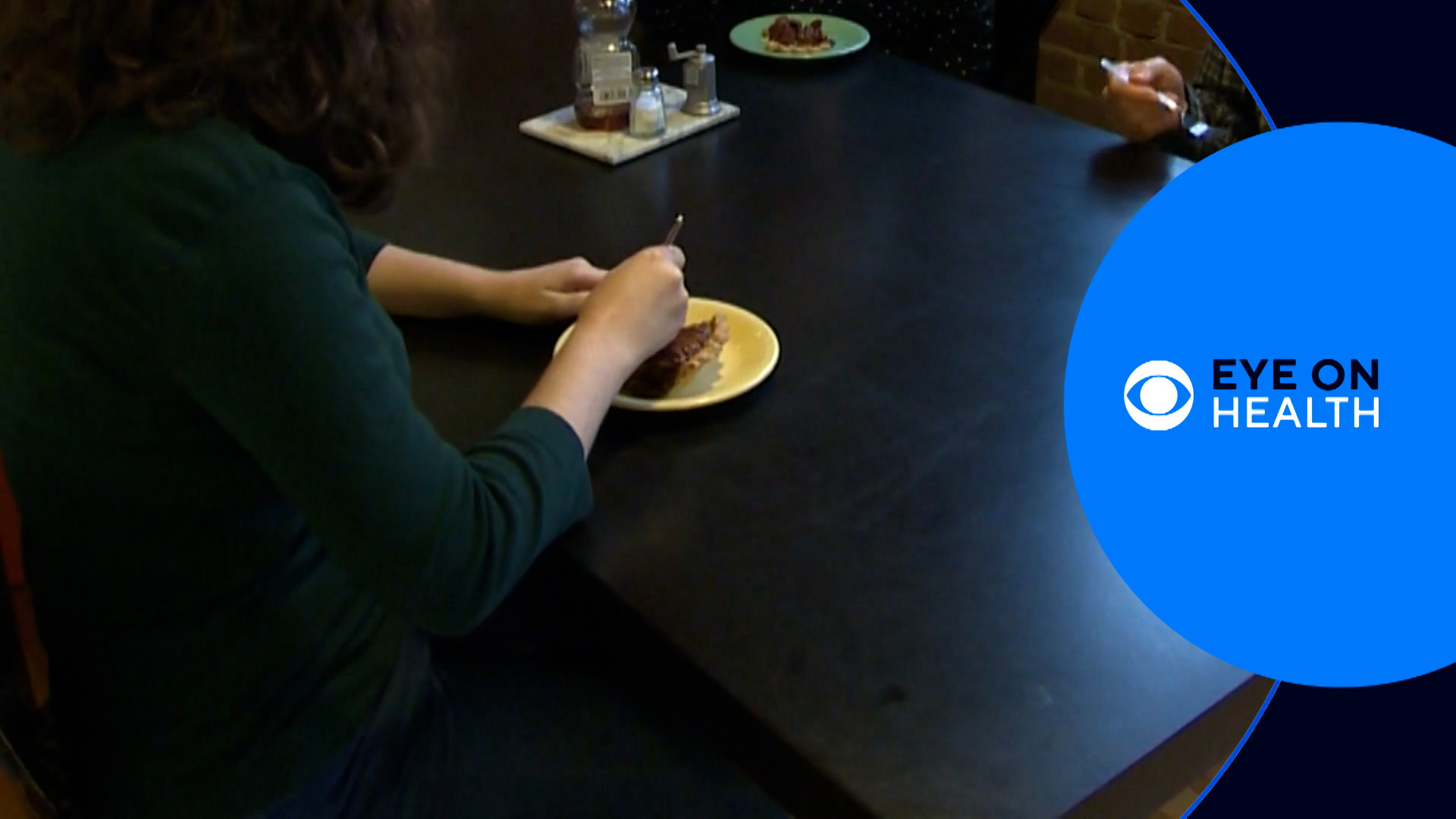The state of Florida already this year has more than three times as many reported cases of the hepatitis A virus than the previous five-year average.
There are 385 reported cases of the hepatitis A virus (HAV) infection since the start of the year, according to the Florida Department of Health. The previous five-year average was 126 cases.
The increase in hepatitis A cases is predominantly in the Tampa Bay and Orlando metropolitan areas.
Doctor Juan Dumois stresses the importance of vaccinations for his patients at Johns Hopkins All Children’s Hospital in St. Petersburg.
"The immune response you get from the vaccine fights it off before you can even get sick,” he said. “This vaccine is so effective in preventing infection with Hepatitis A that it’s a top priority, especially when we are seeing an increase of cases of Hepatitis A in our community.”
Infections have occurred across all demographic groups, but the state said 68 percent of recent cases are among men.
The median age of cases is 37 years old, and the highest rates of disease are among people 30-49 years old.
The department of health said common risk factors include injection drug use, non-injection drug use, homelessness and men having sex with other men.
HAV is transmitted through the fecal-oral route. It includes some types of sexual contact, and poor hand hygiene after going to the bathroom or changing diapers.
Health officials are asking for anyone with a weakened immune system and all children as young as 1-year-old to get the Hepatitis A shot. The recommendation is not sitting well with all parents, like Cheryl Beghtel.
“I probably would have to do some research and think long and hard about it,” Beghtel said.
Mom of three, Deidra Groseibl said she doesn’t want to take any chances.
“I’d rather have my children covered then to have something happen to them, and it’s just a ripple effect of multiple issues," she said.
According to the Florida Department of Health, the Tampa Bay area has among the highest cases of Hepatitis A in the state.
The counties of greatest concern include Hillsborough, Pinellas and Pasco, with numbers steadily rising.
“It’s a lot easier to get protection from a vaccine and completely avoid the illness than to get sick with Hepatitis A. You’re sick for a couple of weeks," Dumois said. "You can’t go to school or work for over a week. In some cases, it can be so bad that it destroys your liver and you need a liver transplant to survive."
The CDC Advisory Committee on Immunization Practices recommends that the following persons be vaccinated against HAV:
• All children at age 1 year
• People who are at increased risk for infection
• People who are at increased risk for complications from HAV
• Users of injection and non-injection drugs
• People who are homeless
• Men who have sex with men
• People who have chronic liver disease
• People traveling to or working in countries that have high or intermediate endemicity of HAV
• People who have clotting-factor disorders
• Household members and other close personal contacts of adopted children newly arriving from countries with high or intermediate HAV endemicity
• People having direct contact with persons who have HAV.
Health care providers are reminded to immediately report all cases of hepatitis A to the county health department to ensure a prompt public health response in order to prevent disease among close contacts.
►Make it easy to keep up-to-date with more stories like this. Download the 10News app now.
Have a news tip? Email desk@wtsp.com, or visit our Facebook page or Twitter feed.



